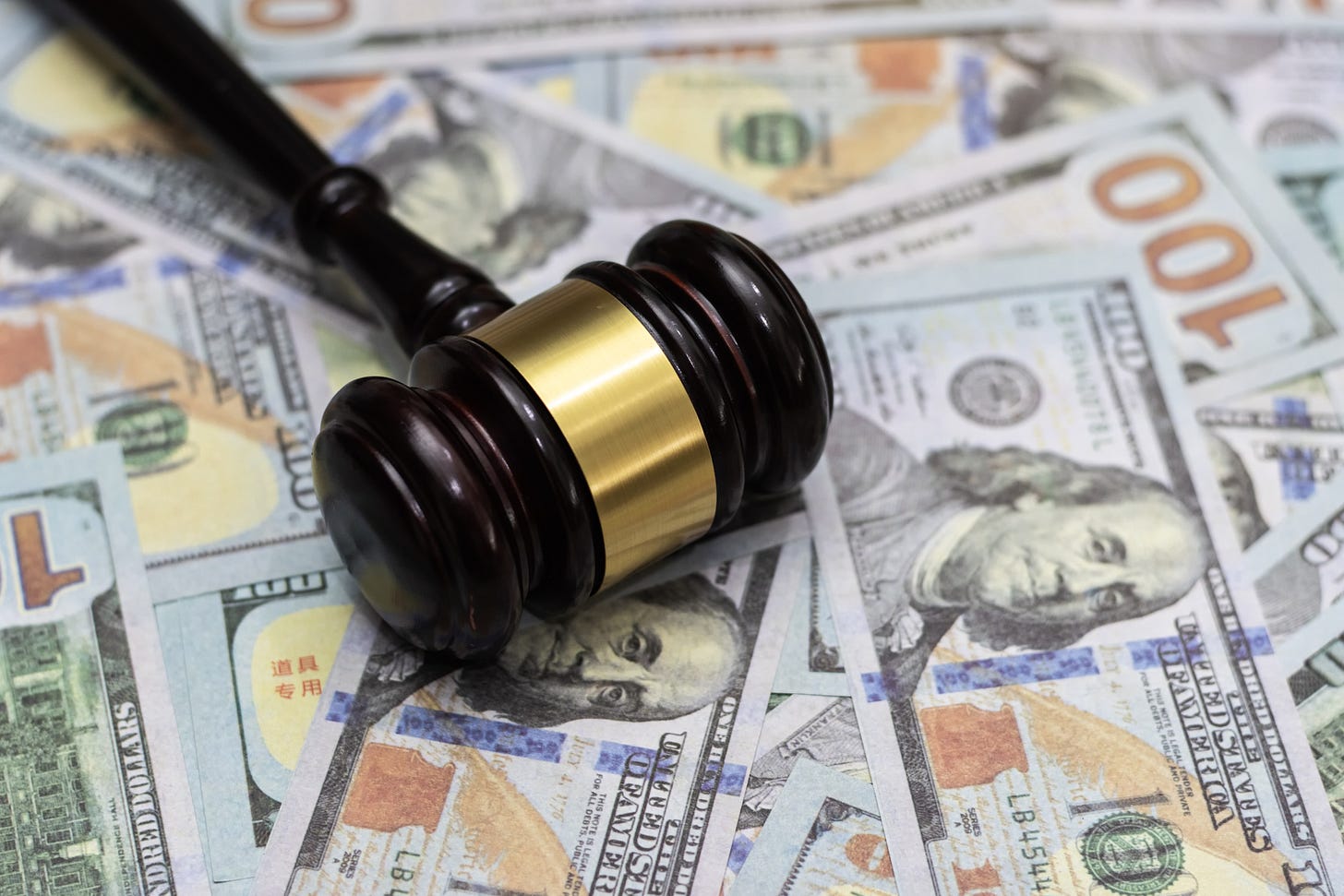How an ideological boot camp turned the federal judiciary conservative
By 1999, nearly half of federal judges had attended an all-expense-paid seminar series promoting conservative economic principles
“Give me a capsule that will magically clean all the air in Los Angeles,” UCLA economist Armen Alchian said in 1979. “Beg me to crush it… I won’t crush the capsule, because if I do, poor blacks will have to pay $20 a month more for land rental.”
He added: “The black in Watts, already used to living with bad air, loses his discount for doing that.”
Alchian was preaching a characteristically conservative economic skepticism of environmental regulations to an audience of extremely powerful individuals: federal judges. The seminar was delivered as part of the Manne Economics Institute for Federal Judges, effectively an ideological boot camp intended to persuade jurists to adopt and promote conservative economic principles — disdain for regulation, belief in the primacy of profit, faith in the power of the Invisible Hand — in their rulings.
The Institute ran for several decades and by the late 1990s almost half of federal judges had attended, enticed by the promise of an all-expense paid trip to Miami Beach for themselves and their families. It was all bankrolled by corporate donors — companies like Exxon, General Electric, DuPont, Raytheon and others — who stood to directly benefit from the types of policies favored by the Institute’s instructors.
Now, new research quantifies those funders’ remarkable return on their investment: between the late 1970s and early 2000s federal court rulings on economic issues lurched dramatically to the right. According to the researchers’ estimates, the Manne seminars alone may account for a third, or more, of the rise in economic judicial conservatism in recent decades.
“We find that, post Manne attendance, judges vote for conservative verdicts in economics-relevant cases (but not in non-economics cases),” the authors write. “Manne attendees subsequently are more likely to vote against regulatory agencies, in particular on the labor and environmental issues.” Manne attendees grew more skeptical of anti-trust regulation as well, and became more likely to apply harsh punitive sentences in criminal cases, on the belief that such sentences would deter crime.
The Manne program was an offshoot of the “Law and Economics” movement, which seeks to apply free-market principles to the legal realm. The philosophy traditionally measured public policy by the extent to which it maximizes private profits, often to the exclusion of other concerns like justice, equality, health or safety. While many modern practitioners have moved beyond the simplistic framework of the movement’s early days, those early ideas remain extremely influential in public policy today, particularly on the conservative side of the aisle.
The Manne seminars shuttered for good in the late 1990s but their legacy lives on. The Law and Economics program at the *ahem* Antonin Scalia Law School at George Mason University, for instance, continues to offer an array of “judicial education” programs. This May it’s providing a five-day “Advanced Law and Economics” course for federal judges at Florida’s Omni Amelia Island resort.
The syllabus gives some sense of the ideological flavor of the week’s focus. The first reading, for instance, is Milton Friedman’s infamous essay “The Social Responsibility Of Business Is to Increase Its Profits,” which argues that private industry should focus exclusively on maximizing profits, and that any other concern is tantamount to socialism.
Judges stay and eat for free, of course, and are reimbursed up to $600 for travel expenses. GMU’s Law and Economics Center is funded by household names like Amazon, Facebook, the pharmaceutical industry and the Charles Koch Foundation, suggesting that “judicial education” continues to provide American industry a healthy return on investment.




Why isn’t this illegal? Or does it fall under the umbrella of “capitalism - it’s great for everybody!”?